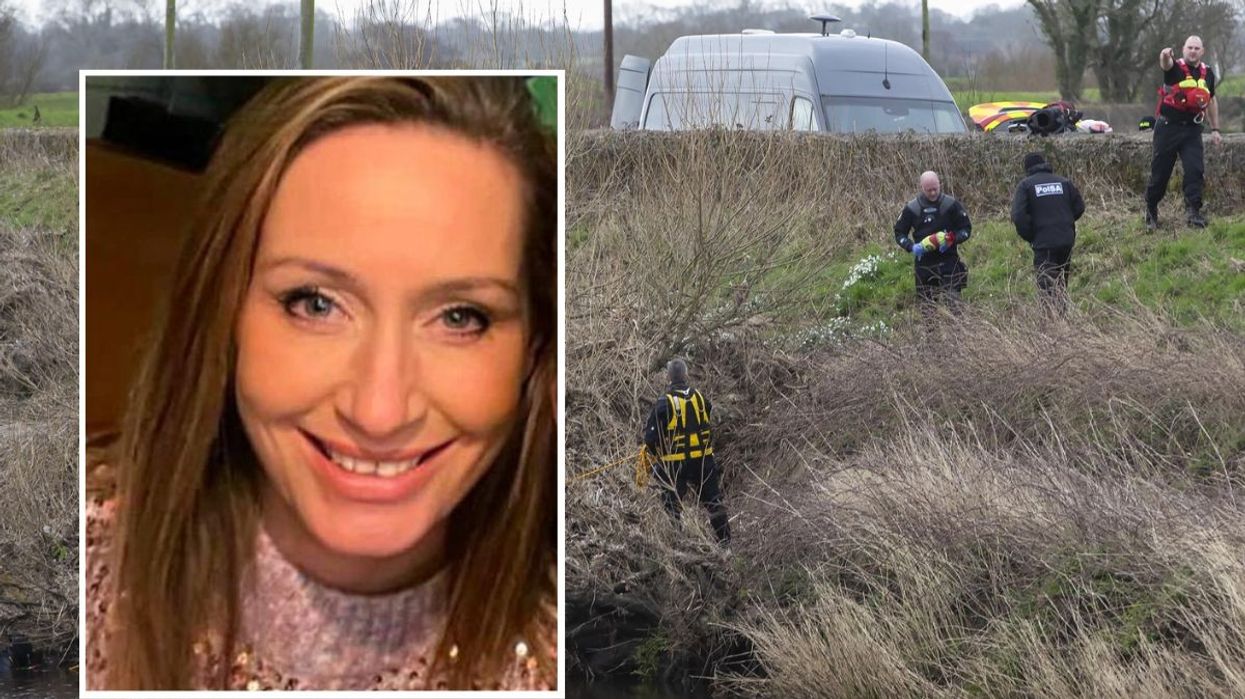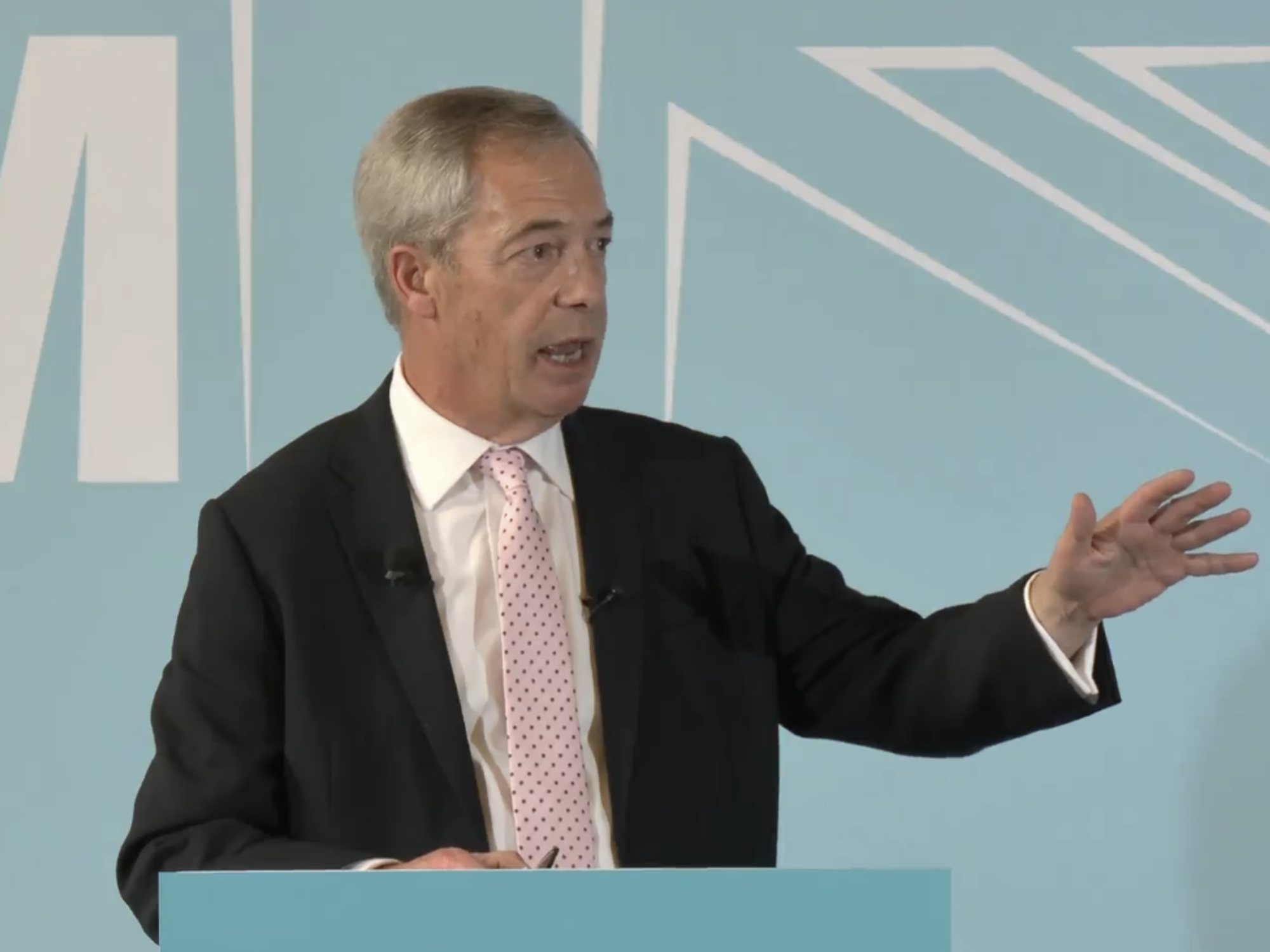Police arrest man after filming inside cordon during search for Nicola Bulley

Nicola Bulley: Police have made an arrest for breaching a cordon to film content
|PA

The missing mum's family had criticised social media users for sharing conspiracy theories about what happened
Don't Miss
Most Read
A man has been arrested after he breached a police cordon to film on the day the body of Nicola Bulley was found in the River Wyre in Lancashire.
The 34-year-old man from Kidderminster, Worcestershire, was arrested on suspicion of malicious communications offences and perverting the course of justice in connection with the investigation to find the missing mother of two, Lancashire Constabulary said.
The arrest relates to footage taken from inside a police cordon on February 19.
The force said that the video was then posted online.
The man was held on Wednesday morning with assistance from West Mercia Police, and has since been released on bail with conditions.
“Our priority is, and has always been, to support Nicola’s family and the wider community in St Michael’s.
"We hope this arrest provides reassurance that we take concerns seriously and will act on them,” Lancashire Constabulary said.
During the search to find the 45-year-old, a number of videos were shared on social media sites such as TikTok.
A number of content creators descending on the village where Nicola went missing.
It lead to conspiracy theories about what may have happened being widely spread online.
In a statement after Nicola's body was found, her family criticised the "shameful" actions of some social media users, as well as some broadcasters.
They said: "It saddens us to think that one day we will have to explain to them that the press and members of the public accused their dad of wrongdoing, misquoted and vilified friends and family.
"This is absolutely appalling, they have to be held accountable this cannot happen to another family.
"We tried last night to take in what we had been told in the day, only to have Sky News and ITV making contact with us directly when we expressly asked for privacy."
Experts have claimed social media algorithms that reward and encourage controversial content fuelled the waves of online interest in the case.
During the investigation, Detective Superintendent Rebecca Smith said social media users had been “playing their own private detectives”.










